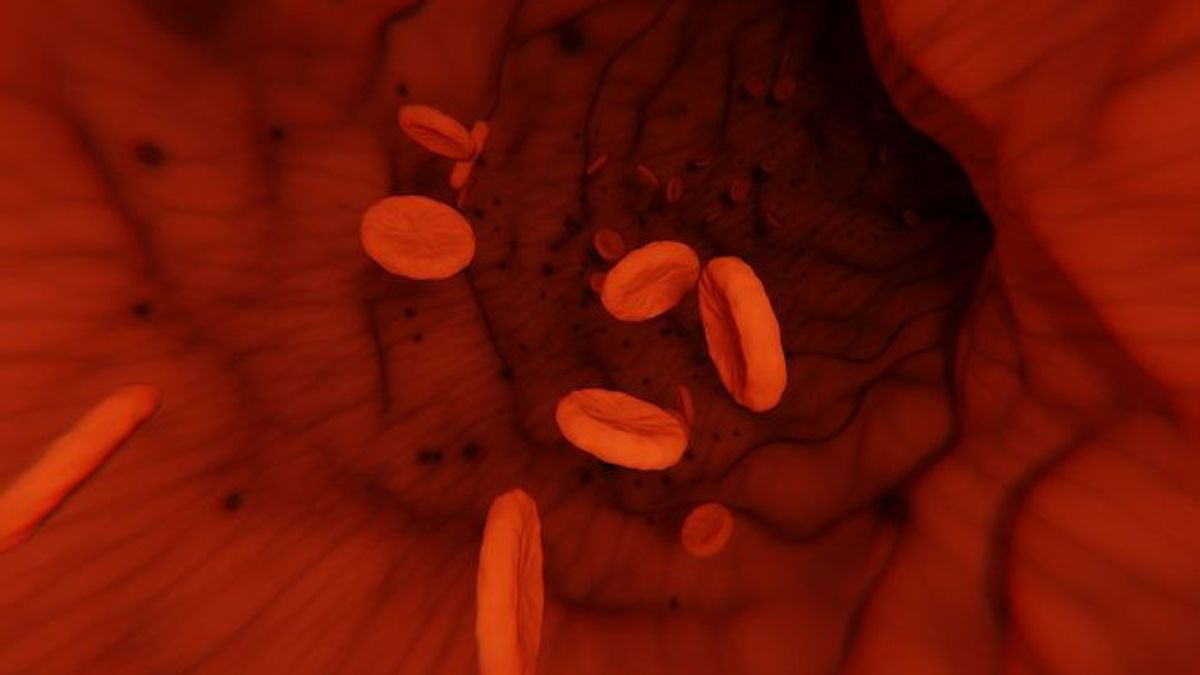YOGYAKARTA How to increase platelets must be known by people with thrombocytopenia. Trombocytopenia is a medical term for citing low blood platelets or below normal numbers. If the platelets drop just left, the blood will be difficult to freeze.
Quoted by VOI from Medical News Today, Saturday, December 17, 2022, platelets are blood cells that play an important role in blood clots.
If a person is injured, the platelets will clot to form a seal above the torn blood vessels, thus helping prevent bleeding.
Trombolite is a blood cell that increases blood clots to help prevent bleeding. A person may be able to increase the amount of platelets naturally by eating foods that contain certain vitamins.
According to the National Heart, Lung, and Blood Institute (NHLBI), the number of platelets in adults ranges from 150,000450,000 blood platelets per microliter (Microliter).
A person is said to suffer from thrombocyopenia if the number of platelets is below 150,000
A person may increase the number of his platelets naturally by eating foods that contain certain vitamins.
Some types of food that can increase platelets include:
Folate acid or vitamin B9, is vitamin B which can increase plate levels.
According to the National Institute of Healt (NIH), adults need at least 400 micrograms (mcg) of folate every day. Meanwhile, pregnant women need 600 mcg.
Some foods that contain large amounts of folic acid are:
However, consuming foods rich in folic acid should not be excessive, because high levels of folate can interfere with the function of vitamin B12.
Lack of vitamin B12 can make platelet levels low. According to NIH, people aged 14 years and over need 2.4 mcg of vitamin B12 every day. While pregnant or lactating requires up to 2.8 mcg.
Vitamin B12 is found in many animal products such as:
Vitamin C plays an important role in the function of immunity and can increase the absorption of iron. Sufficient iron intake can increase platelet levels.
Some fruits and vegetables containing vitamin C include:
Vitamin D contributes to the functioning of the bones, muscles, nerves, and immune system.
According to the Platelet Disorder Support Association (PDSA), vitamin D also plays an important role in the function of bone cord cells that produce platelets and other blood cells.
Lack of platelets can be overcome by eating foods that contain vitamin D, such as:
Vitamin K is very important for blood clots and bone health. Based on research conducted by PDSA, nearly 27% and 32% of people who consumed vitamin K each reported an increase in the number of platelets and symptoms of bleeding.
The enough intake of Vitamin K for adults aged 19 years and over is 120 mcg for men and 90 mcg for women.
Foods rich in vitamin K include:
That's the information about how to increase platelets. Hopefully useful!
The English, Chinese, Japanese, Arabic, and French versions are automatically generated by the AI. So there may still be inaccuracies in translating, please always see Indonesian as our main language. (system supported by DigitalSiber.id)








